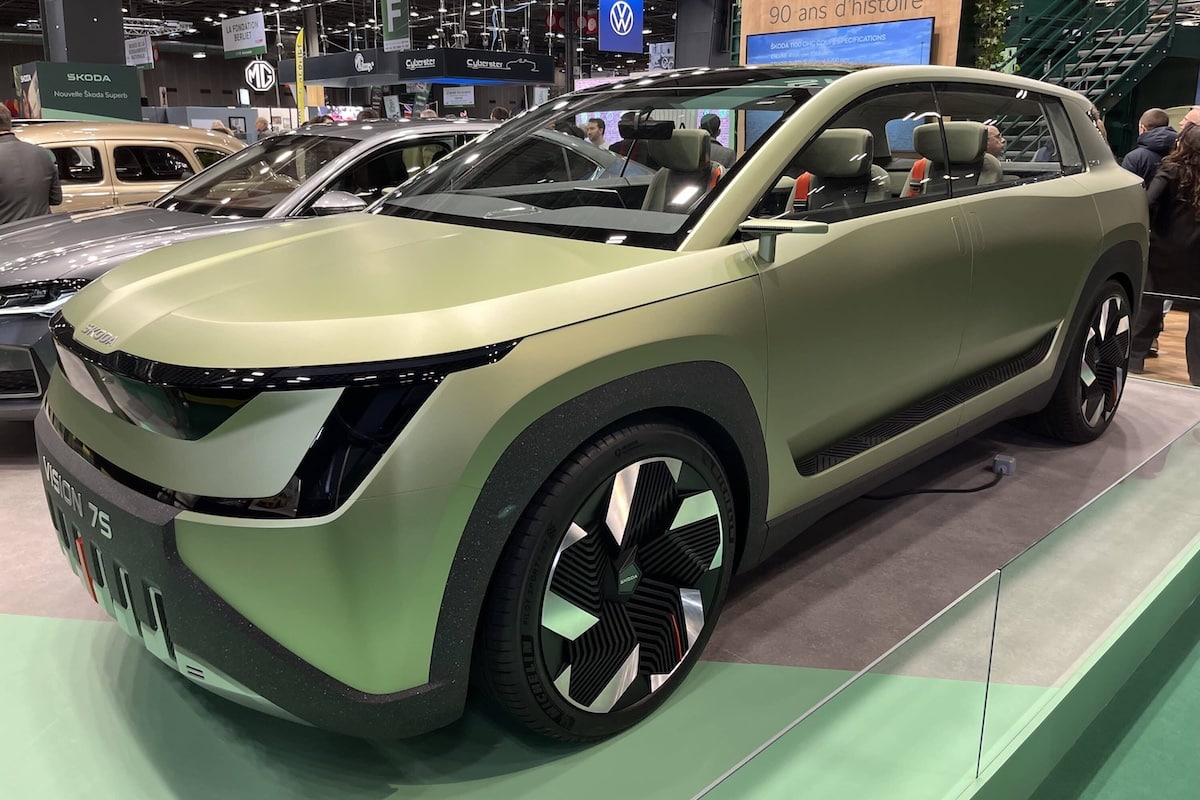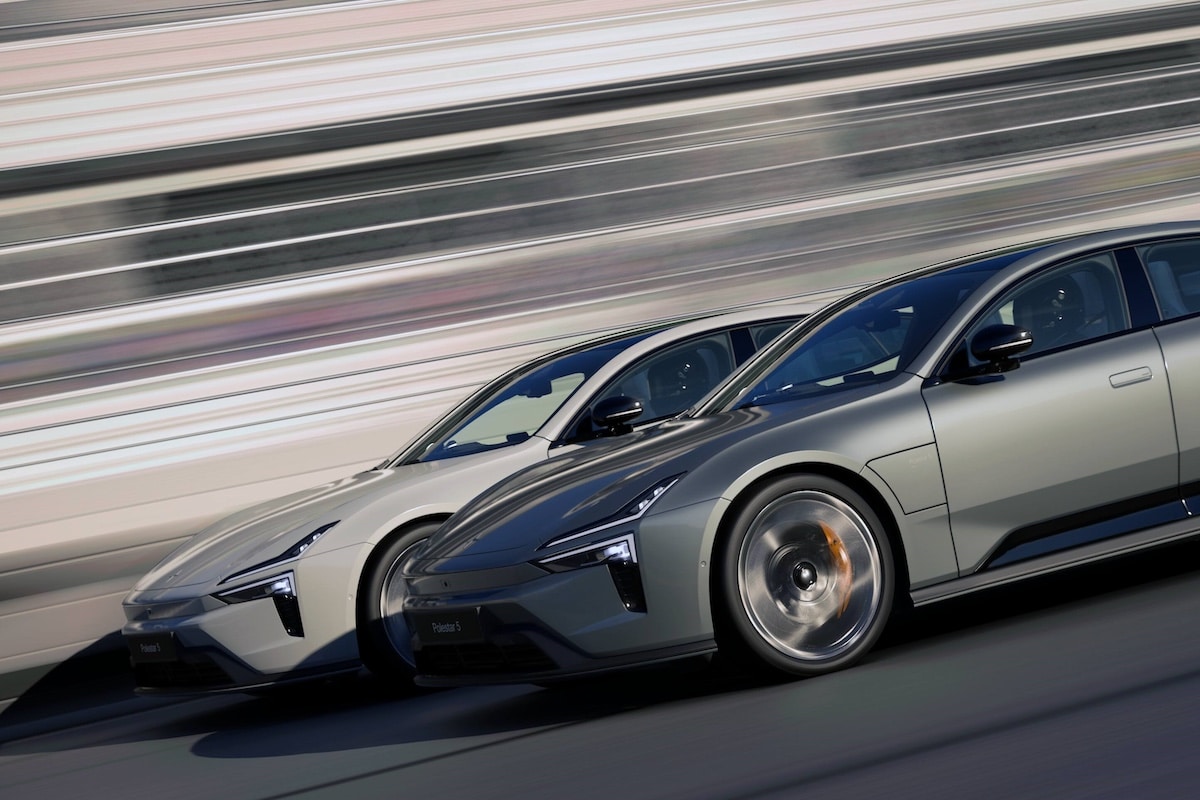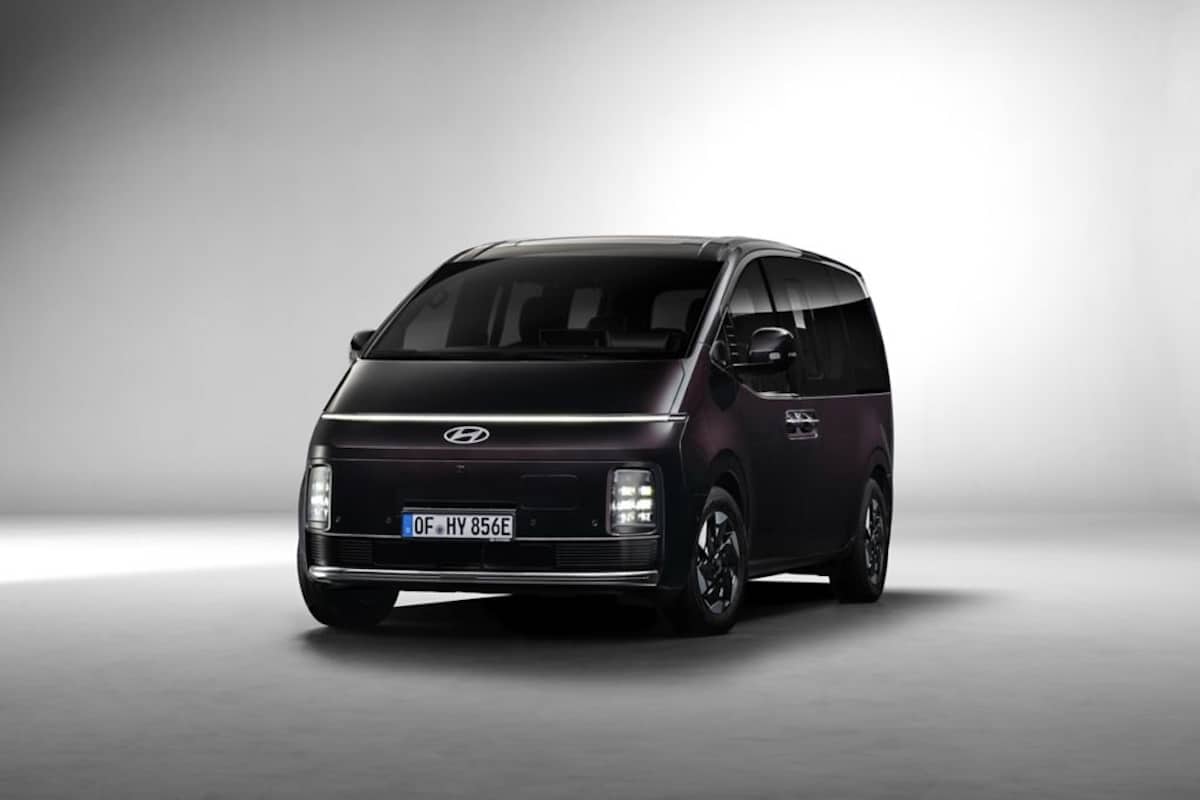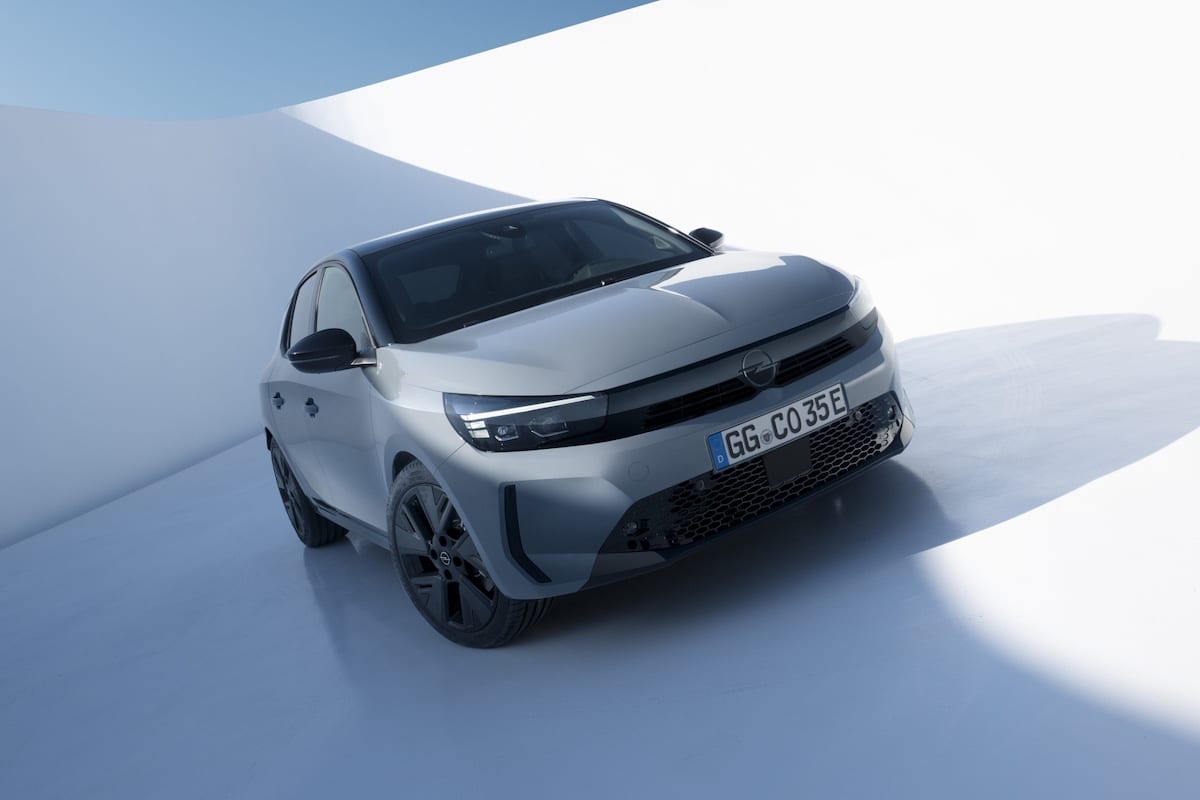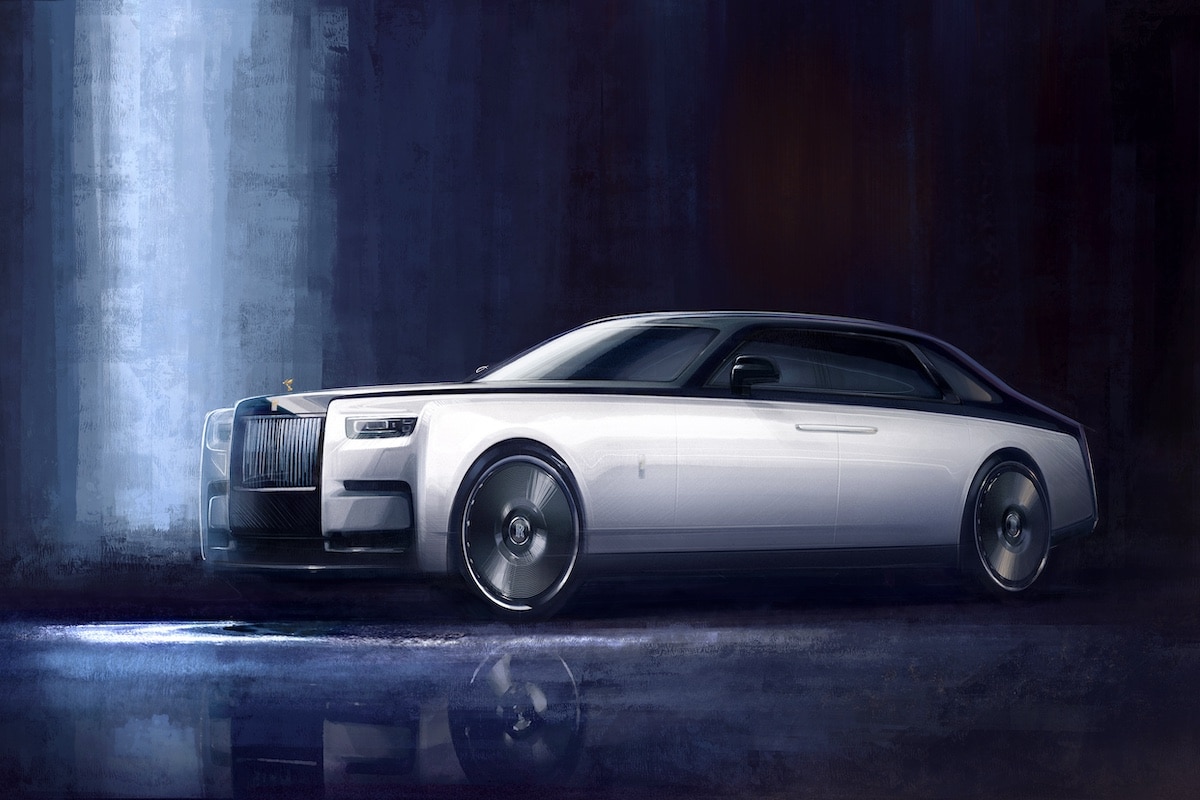What Does “Tesla Bashing” Say About Our Democracies?
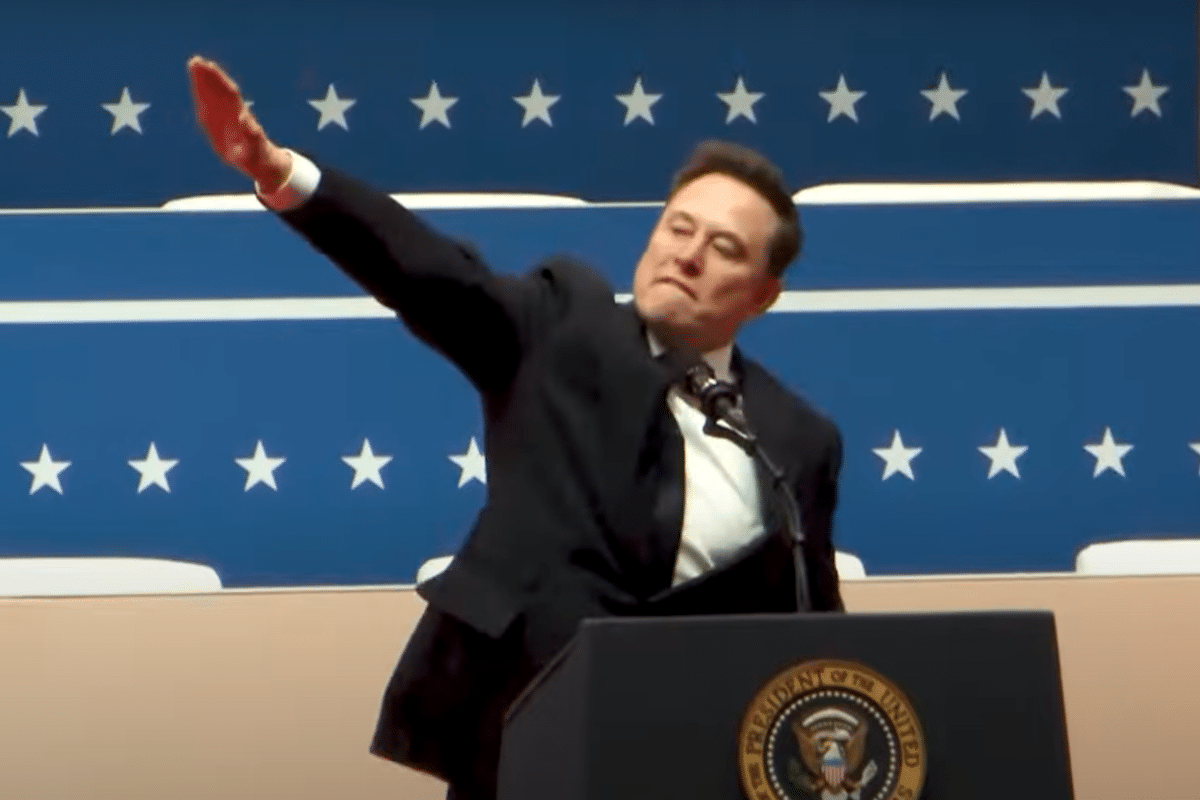
Beyond criticisms of Tesla and Elon Musk, and the collapse of sales, the bashing reveals how democracies function.
It has become difficult to go a week without reading or hearing a barrage of criticisms against Tesla or Elon Musk. Sometimes accused of Nazi tendencies for his raised right arm or statements, or of endangering road safety with his deadly Autopilot, at other times lambasted for his conspiratorial rants on his social network X (formerly Twitter), Musk embodies all the anxieties and anger of the era. At first glance, this constant “Tesla bashing” might seem like an irrational rejection of the powerful and opinion leaders (good or bad). But a closer look suggests that perhaps this wave of criticism is actually a sign that our democracies are doing rather well?
A democracy in self-defense mode
When Elon Musk announced in 2022 his intention to buy Twitter and turn it into a stronghold of free speech — and to reinstate Donald Trump — a flood of reactions poured onto social media. The Guardian talked about a “nightmare for moderation”; NGOs warned about the risks of proliferation of hate speech. Far from being trivial, these criticisms reflect a typical immune response of open societies: they instinctively resist the concentration of power, even (and especially) when it is charismatic or disruptive.
Elon Musk embodies what modern democracies fear: an individual who, alone, can influence currency (through crypto), space (via SpaceX), transportation (Tesla), and even public opinion (via X). In response, criticism sometimes turns into collective sarcasm. He is nicknamed “Technoking” or “Toxic Iron Man”. Caricatures abound: The Onion depicts him as a lunar dictator, and on Reddit, communities dedicated to deconstructing his statements thrive.
This may seem excessive. But isn’t it precisely the role of a free society to question authority figures? The rejection of the personality cult — so prevalent in authoritarian regimes — is here balanced by citizen vigilance, sometimes harsh but revealing of a still vivid collective memory: the distrust of fascist deviations.
A polymorphic critique, between rationality and passion
Certainly, not all criticism is constructive. Some articles about supposed Tesla malfunctions, accidents related to Autopilot, or the carbon footprint of batteries sometimes border on sensationalism. But this is also a trait of open societies: the freedom to exaggerate, provoke, and polarize. Pluralism of opinions allows for excess while leaving room for verification and contradictory debate.
In China, Tesla is praised by the state media. In Russia, Musk is sometimes called a “genius to imitate”. In these contexts, little room is left for dissent. The very fact that Tesla bashing exists in the West, that it is shared, mocked, debated, is already a victory for critical thinking.
This proves that the public space has not yet collapsed under cynicism or indifference. That citizens still care about who holds technological power. That they question the messianic figures of the 21st century. And it’s proof — sometimes forgotten — that we can still say no in our societies.
ALSO READ: Did Tesla try to fire Elon Musk?
This page is translated from the original post "Que dit le “Tesla Bashing” de nos démocraties ?" in French.
We also suggestthese articles:
Also read
